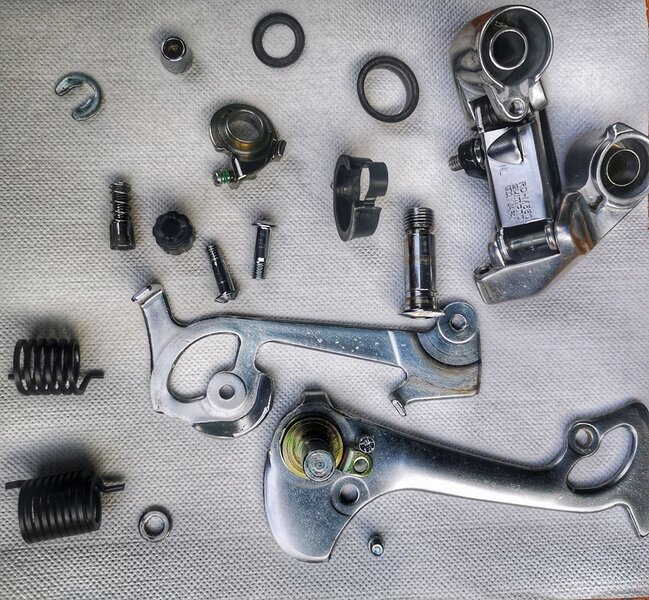2manyoranges
Old School Grand Master
- Feedback
- View
Captain C - THAT is a VERY useful table. The discussion of anti-seize has been very valuable. I have used copper grease for many years - starting with VW Beetle spark plugs and wheel bolts - both now recommended contexts for NOT using copper grease - but the detail matters, as the table suggests. Spark plugs are now plated, with sacrificial plating, the spark plugs inserts in aluminium heads can be copper, steel, brass, you have to check. Some antique air-cooled VW heads just have tapped alloy spark plugs holes - I think we got away with it since we always installed the plugs with copper grease, and conscientiously removed and checked the gaps very regularly. The same with the wheel bolts - I was told a few years ago never to put antiseize on the bolts since the grease would break down in the heat of the brakes, and then there’s a risk of the bolts coming loose. But the main problem on Beetles was bolt/drum corrossion, and seized bolts - so putting on copper antiseize and checking torque regularly made sense.
As a result of the discussion here I have bought some nickel anti-seize and have used that in stainless to alloy applications in the last 48 hours. Always learning.
As a result of the discussion here I have bought some nickel anti-seize and have used that in stainless to alloy applications in the last 48 hours. Always learning.
